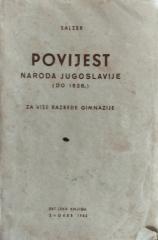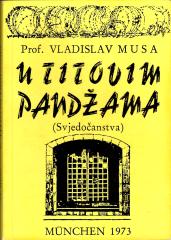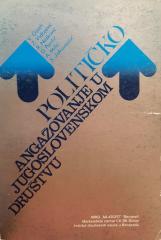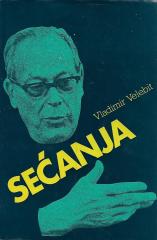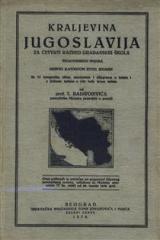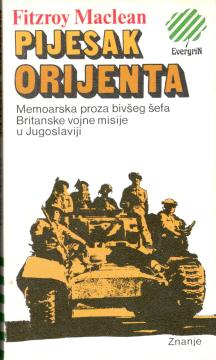
Pijesak Orijenta
The memoir The Sands of the Orient (1949), part of the autobiographical work of the British diplomat, soldier and writer Fitzroy Maclean (1911–1996), describes his adventures in the diplomatic service and World War II.
Divided into three parts, the book focuses on "Eastern Approaches" – trips to the restricted zones of the USSR, Iran and Africa, and the mission in Yugoslavia. Maclean, the inspiration for James Bond, writes vividly, with humor and irony, celebrating adventure and geopolitical intrigue.
The first part takes you to Moscow in 1937, where Maclean, a young diplomat, observes the Stalinist purges and famine in Ukraine. Dissatisfied with diplomatic life, he travels around Central Asia under the guise of a journalist: he visits Samarkand, Bukhara and Kashgar, risking arrest by the NKVD. He meets nomadic tribes, describes exotic bazaars and conflicts between Marxism and Islam, emphasizing the contrast between Soviet propaganda and poverty. These "forbidden" trips symbolize his thirst for freedom and criticism of totalitarianism.
The second part goes to war: in 1941, Maclean joins the army and joins the SAS (Special Air Service) in North Africa. As a commander, he leads airborne attacks on Rommel's lines - they destroy the air forces at Benghazi and Tobruk, racing through the desert with minimal equipment. He describes tense night missions, losses and camaraderie, mocking bureaucracy. Then follows a mission in Iran in 1943: with a group of officers, he organizes the occupation of Tehran against pro-Nazi forces, meeting the Shah and British allies, and risking assassination.
The third part, the most famous, deals with Yugoslavia: as head of the British mission, Maclean parachutes into Durmitor in 1943-1944, joining Tito's partisans. He lives in caves, fights against Chetniks and Germans, organizing air supplies. He describes Tito as a charismatic leader, but also the brutality of war - massacres, famine and ideological conflicts. His role was crucial for Allied support for the partisans, changing the course of the war in the Balkans.
One copy is available
